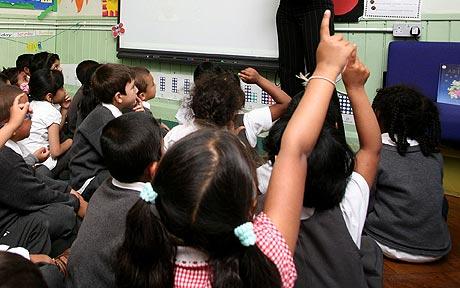 The field of education has been at the forefront of social policy concerns for at least three decades in the UK. The debate around integration and education revolves mainly around two aspects: the ability of migrants to integrate, depending on their level of education; and the challenges brought by migrants to the British education system. Based on PREMIG data from among Pakistani migrants and descendants in the UK it is clear that education is indeed a major field in which issues of integration are explored, negotiated and can either get stuck or resolved. However, the PREMIG data suggests that individuals experience such challenges in very different ways, depending on their personal history. Education therefore becomes a highly subjective term, enriched with connotations that belong to realms beyond social policy. Education often becomes the central core of the migration experience as it is re-told in semi-structured interviews.
The field of education has been at the forefront of social policy concerns for at least three decades in the UK. The debate around integration and education revolves mainly around two aspects: the ability of migrants to integrate, depending on their level of education; and the challenges brought by migrants to the British education system. Based on PREMIG data from among Pakistani migrants and descendants in the UK it is clear that education is indeed a major field in which issues of integration are explored, negotiated and can either get stuck or resolved. However, the PREMIG data suggests that individuals experience such challenges in very different ways, depending on their personal history. Education therefore becomes a highly subjective term, enriched with connotations that belong to realms beyond social policy. Education often becomes the central core of the migration experience as it is re-told in semi-structured interviews.
Education can indeed become a status signifier that highlights the achievements of a migration trajectory, but can also become the place where aspirations beyond the ones of formal qualifications are projected. For instance, schools and universities become the main fields where to experience diversity and where discrimination is faced and overcome. Often, both first and second generation migrants end up seeing education as a process of self-discovery through social interaction and even through the discovery of world literature. As a consequence, education becomes a much more personal endeavour that fits well with the idea of migration as a bildungsroman or ‘coming-of-age-story’ with a plethora of possibilities for different integration trajectories.